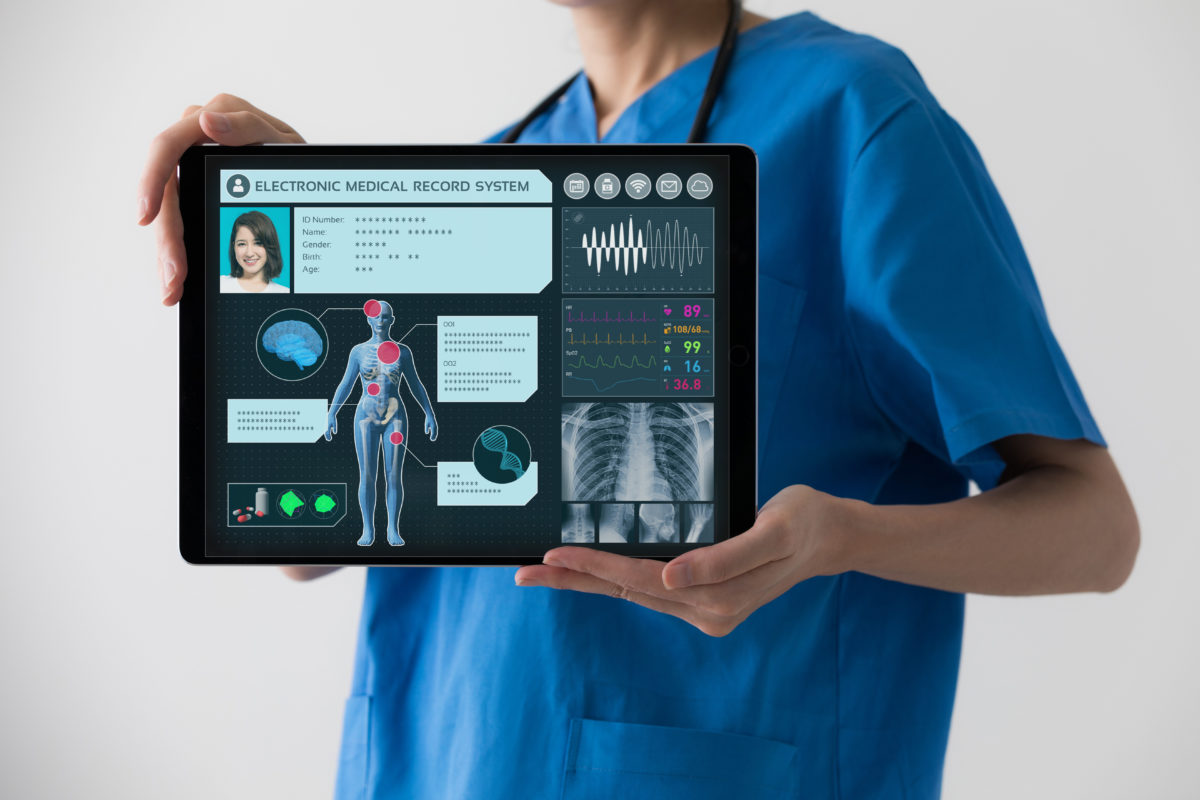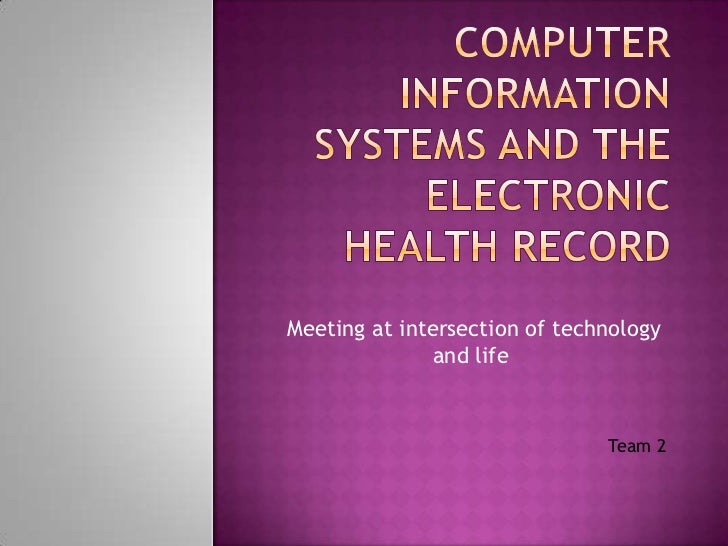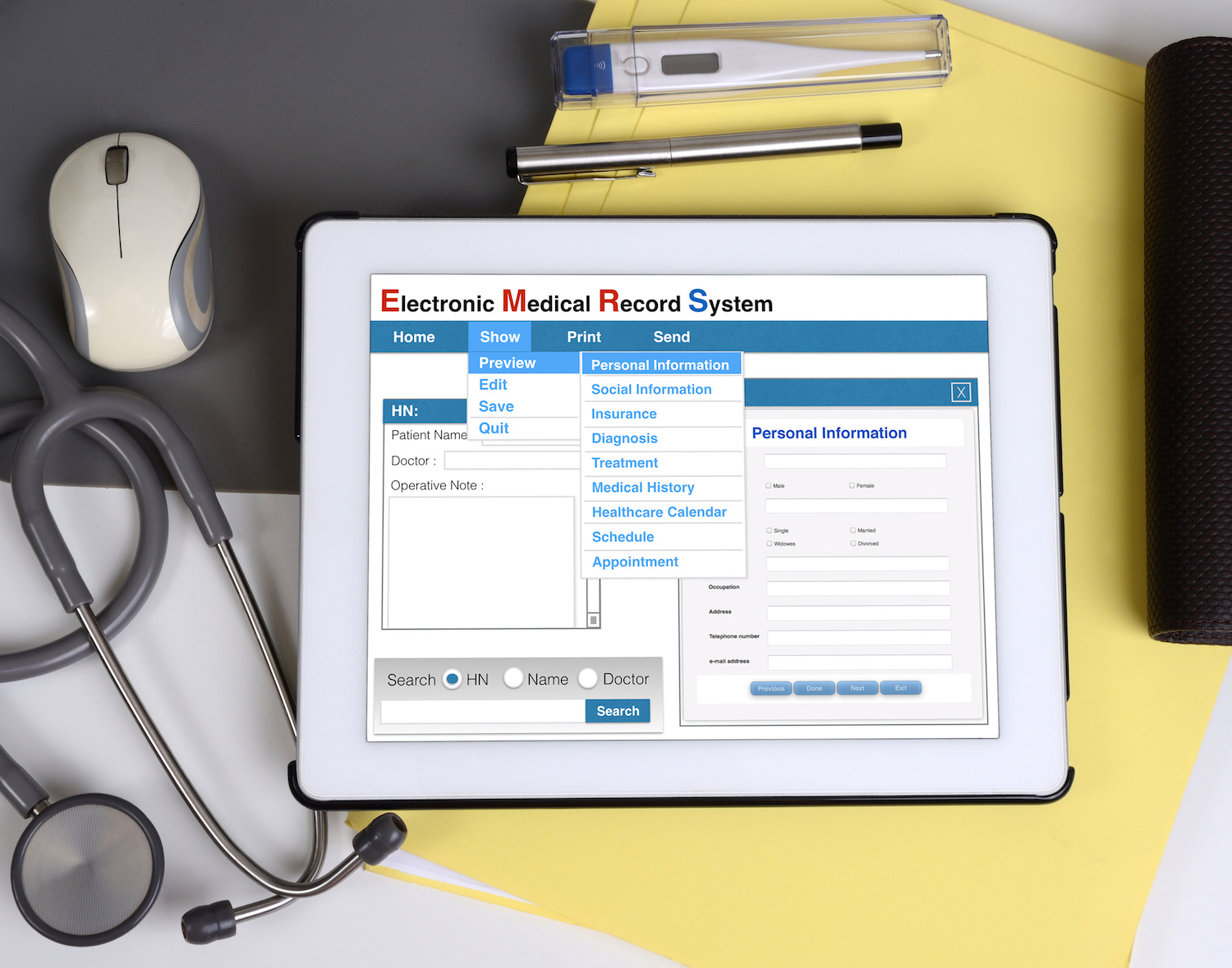Emr Vs Ehr What Is The Difference Health It Buzz
Electronichealthrecords' side effects: fraud, burnout and headaches : shots health news the government used a 2009 financial stimulus package to move the country from paper medical charts to. electronic health records technology Some people use the terms “electronic medical record” and “electronic health record” (or “emr” and “ehr”) interchangeably. but here at the office of the national coordinator for health information technology (onc), you’ll notice we use electronic health record or ehr almost exclusively. A turnkey electronic health records (ehr), also called emr software system that enables medical group practices to finally shift from paper-based patient record keeping to a digital format. physicians and nurses use a tablet pc to remotely access emr patient records.
Electronichealthrecords Side Effects Fraud Burnout
Sep 10, 2019 an electronic health record (ehr) is a digital version of a patient's paper chart. ehrs are real-time, patient-centered records that make . An electronic health record (ehr) is the systematized collection of patient and population electronically stored health information in a digital format. these records can be shared across different health care settings. electronic health records technology records are shared through network-connected, enterprise-wide information systems or other information networks and exchanges.
Jan 1, 2019 ehr or electronic health record are digital records of health information. they contain all the information you'd find in a paper chart — and a lot . Rxnt's onc-hit-certified ehr/emr electronic medical records software from when you start using our onc-certified e-medical records technology today. Electronic health recordselectronic health records an electronic health record (ehr) is an electronic version of a patients medical history, that is maintained by the provider over time, and may include all of the key administrative clinical data relevant to that persons care under a particular provider, including demographics, progress notes.
Electronic Health Record Wikipedia
Mar 24, 2020 electronic health records most technology vendors don't easily exchange patient information, making it hard for providers to use the ehr to . Summary: the electronic medical record (emr) is an enabling technology that allows physician practices to pursue more powerful quality improvement programs . An electronic health record (ehr) is a digital version of a patient’s medical chart that is maintained by the provider over time and may include all of the key administrative clinical data relevant to that person’s care under a particular provider. many ehrs are also designed to provide information to the patient and to share information with other health care providers.
Ehr Vs Emr Definition Benefits Ehr Usage Trends Practice
Electronic health records. they are of course, a digital version of a patient’s paper chart. ehrs are real-time, patient-centered records that make information available instantly and securely to authorized users. that is, until you want to share that information outside your network. Nov 27, 2019 electronic health records (ehrs) can improve the ability to diagnose diseases and reduce medical errors, improving patient outcomes. learn . Aug 4, 2017 other technology and engineering companies started to develop electronic medical records systems for hospitals and universities. in the 1970s .



Health care is changing and so are the tools used to coordinate better care for patients like you and me. during your most recent visit to the doctor, you may have noticed your physician entering notes on a computer or laptop into an electronic health record (ehr). An electronic health record (ehr) is a digital version of a patient’s paper chart. ehrs are real-time, patient-centered records that make information available instantly and securely to authorized users. while an ehr does contain the medical and treatment histories of patients, an ehr system is built to go beyond standard clinical data electronic health records technology collected in a provider’s office and can be inclusive of a broader view of a patient’s care. See more videos for electronic health records technology.
An electronic health record (ehr) is a digital version of a patient’s paper chart. ehrs are real-time, patient-centered records that make information available instantly and securely to authorized users. while an ehr does contain the medical and treatment histories of patients, an ehr system is built to go beyond standard clinical data collected in a provider’s office and can be inclusive. Eps must attest to at least two measures from the public health reporting objective, measures 1 through 5 above. certified electronic health record technology (cehrt) required in 2019: 2015 edition of cehrt. electronic health records reporting period (from healthcare providers to public health agencies) 90 days in cy 2019 and onwards. Electronic health records (ehrs) are consistently used by external organizations to track the quality of care provided based on the information documented in the medical record, which affects hospital accreditation and reimbursement. 1 however, there's concern that technology may cause some patients to feel as if nurses and other practitioners are documenting for the institution instead of caring for them. 1 therefore, with the integration of bedside nursing and ehrs, nurses must understand.
Keywords: health information technology, hit, health it, healthit, health care, healthcare, data, statistics, rates, measures, metrics, indicators, health data, health it data, open data, open government, government dashboard, project open data, open data initiative, onc, office of the national coordinator for health it, hhs, us department of. Many of them expressed disappointment that their doctor still has a paper-based health records system and said, “i’ll ask my doctors when they’re going to get an electronic health record. ” finally, there was the group who lived comfortably at the opposite end of the technology spectrum from today’s generation of digital electronic health records technology natives. In this article, we look at the benefits and disadvantages of technology in healthcare and their relationship to both patients and professionals alike. digitalization of health records. electronic health records (ehrs) replacing outdated paper records has been a massive game changer for everyone in the medical world. As of 2015, electronic health record adoption had doubled in just seven years. 96 percent of hospitals and 87 percent of physician practices were using electronic health records. which brings us to today and the subject of interoperability — sharing information seamlessly among healthcare products and systems.
Meaningful use was defined by the use of certified electronic health records ( ehr) technology in a meaningful manner ensuring that the certified ehr . An electronic health record (ehr) is the systematized collection of patient and population electronically stored health information in a digital format. these records can be shared across different health care settings. records are shared through network-connected, enterprise-wide information systems or other information networks and exchanges. ehrs may include a range of data, including. Registered health information technicians work in supervisory and technical positions in a wide variety of industries, analyzing and managing health information and assisting in the maintenance of electronic health records. Jun 12, 2020 well before the covid-19 pandemic struck, electronic health records were and their information technology portfolio will have to support both.
Figure. electronic health records (ehrs) are consistently used by external organizations to track the quality of care provided based on the information documented in the medical record, which affects hospital accreditation and reimbursement. 1 however, there's concern that technology may cause some patients to feel as if nurses and other practitioners are documenting for the institution. Electronic medical records, managed with emr software and electronic health records, handled by ehr software, have revolutionized the way patient records are entered and processed. telehealth has become the norm rather than the exception.